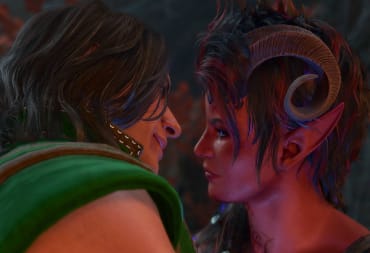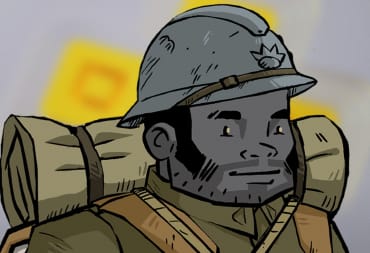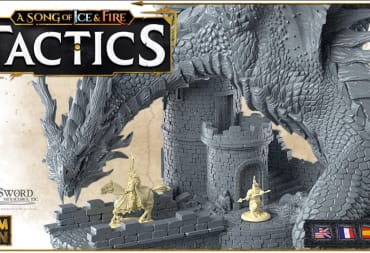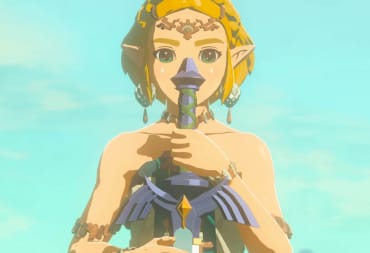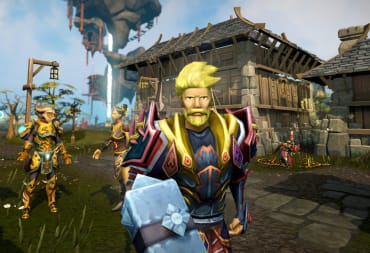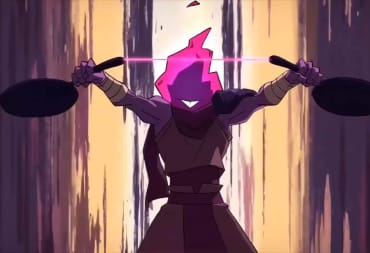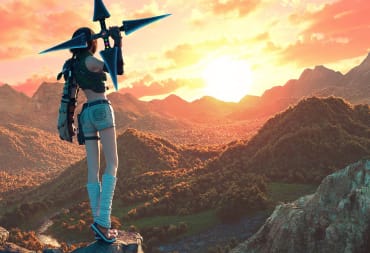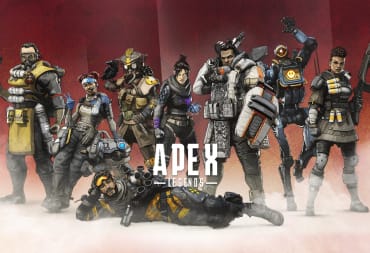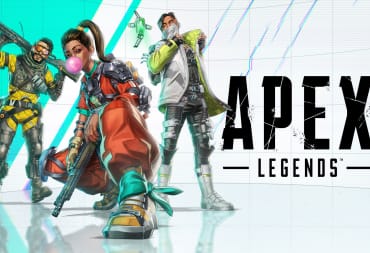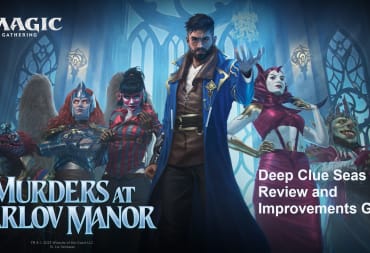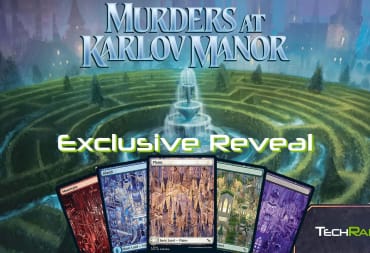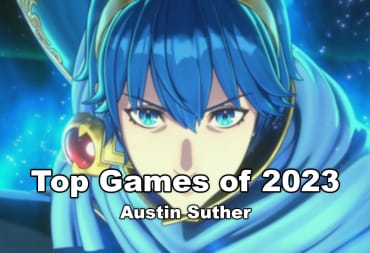There were some nice surprises in the Play NYC 2021 Graffiti Games, a special group of custom games created for Play NYC every year. I had a chance to check them all out in person at this year's show.
The Play NYC 2021 Graffiti Games, Explained
The Play NYC 2021 Graffiti Games continue a tradition that started at the very first show: A handful of game developers are hired to create custom experiences for the show centered on a particular theme for the year. Previous years centered on LGBTQ+ developers and black developers.
2021's theme was a little bit different, though: The Play NYC 2021 Graffiti Games would instead be focused on local multiplayer in the spirit of bringing people back together. These Graffiti Games — no relation to the video game publisher — each add something special and unique to the show floor every year, and the Play NYC 2021 Graffiti Games were no different.

Slumber Squad
by Brieyh'leai Simmons & Nic Lupfer, Gumboot
Most multiplayer gaming is probably done over the internet these days, but it wasn't always that way. Decades ago, you had to actually visit people in person to play games together. However, that sometimes came with a special set of unique problems, and Slumber Squad uniquely shows younger folks the kind of stuff that old gamers like me had to deal with.
Slumber Squad is a game for two to four players and is a team effort from Gumboot, an indie developer comprised of Brieyh'leai Simmons & Nic Lupfer. This game operates on a simple premise: You and your friends are getting together to play a cool new video game.
Unfortunately, it's not that easy. Your mom constantly barges into the living room to interrupt, bringing in snacks or standing in front of the television. Your little brother runs around and causes chaos, shooting a dart gun at the screen and generally being a nuisance. And your cat causes its own fair share of chaos — it can even unplug the console entirely.
The challenge of Slumber Squad lies in playing a platformer game while dealing with these distractions. Any time something comes up, you'll have to drop the controller and deal with it. If you don't get back to the game fast enough, you'll be eliminated. It's a competitive game, too: The last player standing is the winner.
It boggles the mind that no one, to my knowledge, has explored this concept before. Most of the older gamers have had to live through this situation — your fun sleepover with your friends keeps getting invaded by your mom or your siblings or any number of other distractions. It's one of the most unique games that I've seen, and I seriously hope it continues development. Gumboot has already made a bunch of cool games; you can find them on gumboot.itch.io.
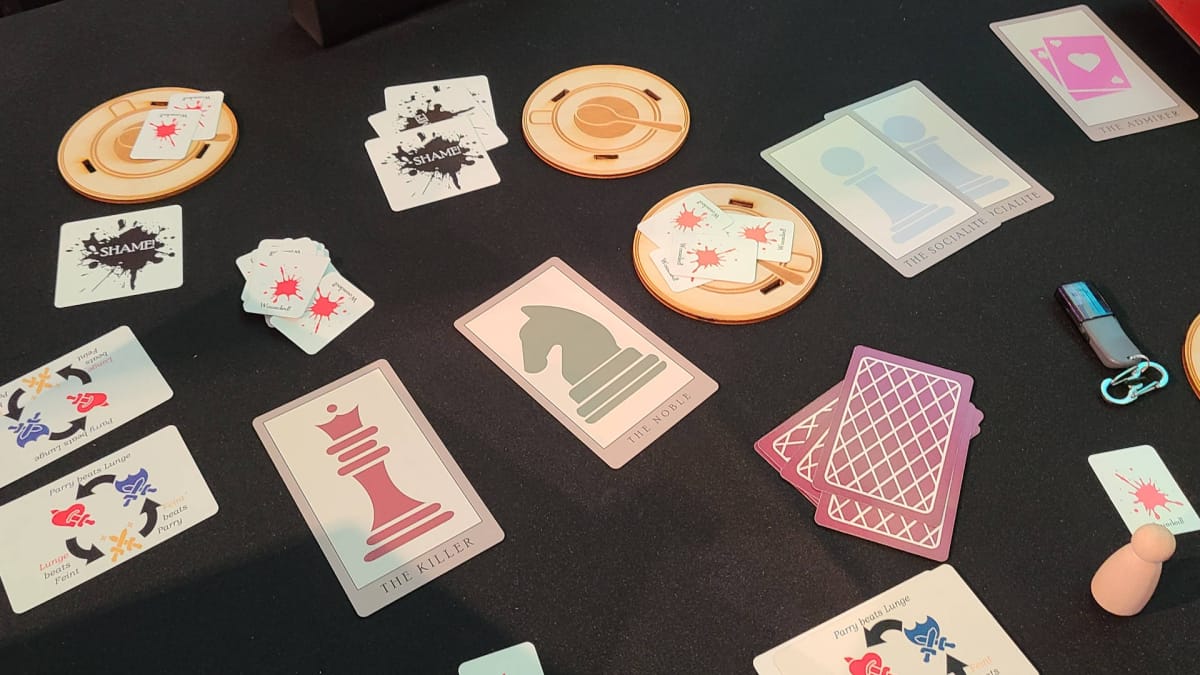
Swords at Dusk
by Oliver Hong
Social deduction games are all the craze nowadays as evidenced by the success of Among Us. This genre of gaming, however, had previously picked up in popularity in the tabletop gaming scene, most notably with the likes of Secret Hitler, The Resistance, and others.
Enter Swords at Dusk, the only tabletop gaming entry in the Play NYC 2021 Graffiti Games. It seems similar to Secret Hitler at first glance, but there are some notable changes. There is more than just "good guys" and "bad guys" — you'll have the opportunity to play one of several roles, each of which has its own advantages and disadvantages. You won't get instantly killed, either; you take "wounds" as you play and can actually survive losing a battle or two.
Sadly, I didn't get to explore this game in as much detail as I would have liked to — it requires a somewhat larger group of people (as social deduction games tend to do), and that was just too difficult to get together in the midst of a convention, especially one that is operating under strict health protocols for everyone's safety. That said, this is a project that I will be following with a fair amount of interest — I'm curious to see how Swords at Dusk will develop in the future. Keep an eye on Oliver Hong's website to keep up with his work!
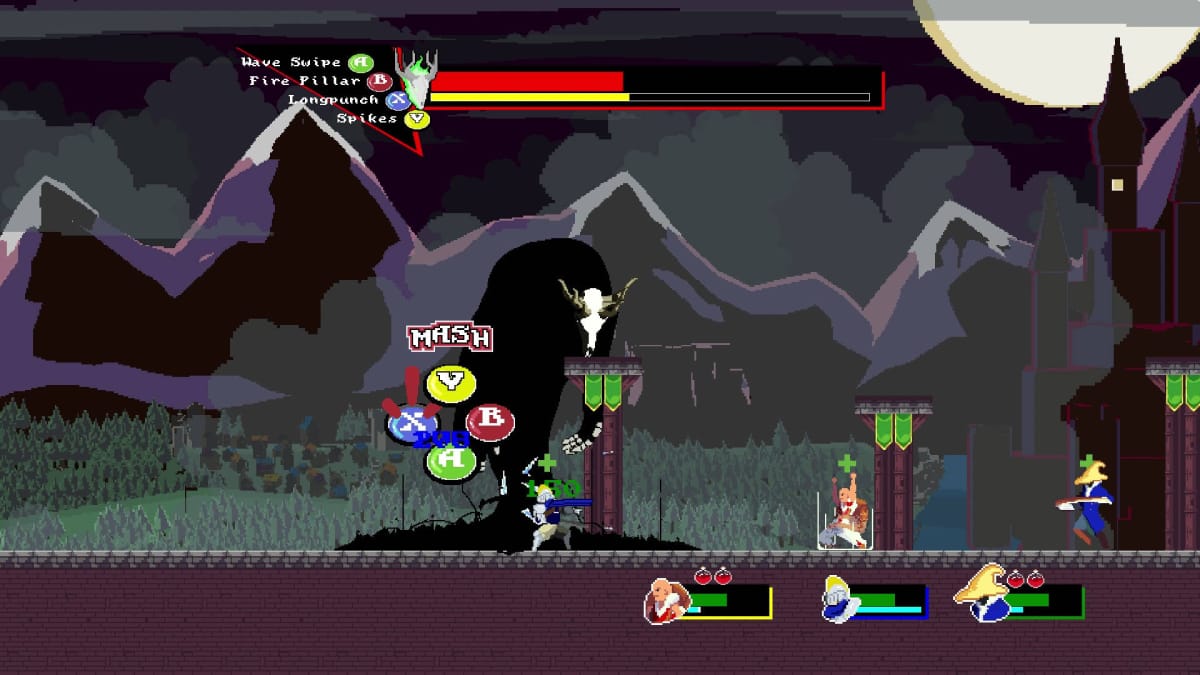
Big Boss
by Matthew Hamilton-Roux
Asymmetric games have a special place in my heart, and Matthew Hamilton-Roux's Big Boss definitely fits the bill. At first glance, it's a fighting game — but it's actually so much more.
Big Boss is a game for four players. On one side are the heroes — a wizard, a priest, and a warrior. On the other side is the titular big boss. As you might expect, the heroes are trying to defeat the boss, and the boss is trying to defeat the heroes.
Each of the three heroes has its own specialty. The warrior is great at getting up close and stunning the boss. The wizard deals out damage. The priest provides healing potions to himself or the other players, and he might be the most important player of all; once someone is killed, they're out of the game for good.
The heroes play like any other side-scrolling RPG, but the boss is a little different. Bosses have a few different attacks that they can use. Some of these attacks can hit a pretty wide area of the map. You may have to mash certain buttons or complete a quick-time event to get them to land.
I played a game as the boss and watched a few other people play a match themselves. Big Boss is surprisingly well-balanced, and this is one of the Play NYC 2021 Graffiti Games that might have more in store for the future: The developers told me that other bosses are designed to various degrees but weren't ready in time for the show. I think this project has some real legs! You can follow Matthew's work over at Hamra Digital.

Warp Dash
by Tess Leiman, with support from Andy Bow
Warp Dash was one of the simpler projects in the Play NYC 2021 Graffiti Games section, but that's not to say it wasn't fun. It operates on a simple concept: A bunch of superpowered characters get together to run around a track.
Sounds simple enough, right? It's a common trope in cape comics; Superman and The Flash have had more than their fair share of races against one another, usually for the sake of a charity event. What makes Warp Dash particularly special, however, is the different abilities of each of the characters.
The first character I picked was a sort of cybernetic ninja. His ability allowed him to dash forward three times, but he'd be slower if he expended all of his dashes. Other characters' dashes would similarly change up gameplay; for example, one character would drop ice blocks on the ground while dashing.
As far as Graffiti Games go, Warp Dash felt like it was in the spirit of creating unique experiences for the show. It was a well-executed concept that could certainly serve as an entertaining game in its own right. You can learn more about Tess Leiman's projects on her website.

Warehouse Rumble
by Star Light, with Support from Aaron Yuan and Chris Reid
The final of the five Play NYC 2021 Graffiti Games is Warehouse Rumble, a game that's part Robotron and part Wilmot's Warehouse. Four players each take on the role of a robot in a warehouse, charged with delivering packages to meet customer demands.
It sounds fairly straightforward, but it wouldn't be a good game without throwing some wrenches in the works. Firstly, the packages randomly fall from the sky throughout the warehouse. Secondly, each package is represented by a different color and shape; the only way to tell what's in a package is by touching it. The third and final challenge, however, is what makes the game so tough — there are also zombies trying to kill your robots and destroy the packages.
Fortunately, you're not entirely defenseless. Each robot has a laser cannon that can whittle down the health of the zombies. Keeping them in check is the key to getting a high score; it's very easy to get overwhelmed if you don't keep an eye on the situation.
Warehouse Rumble only had a single level at this year's show, but I can definitely see this being expanded into a commercial game. It was a ton of fun to play, and I think it would make for a fine couch co-op experience at home. Check out the projects of Star Light over at Game Without Words!
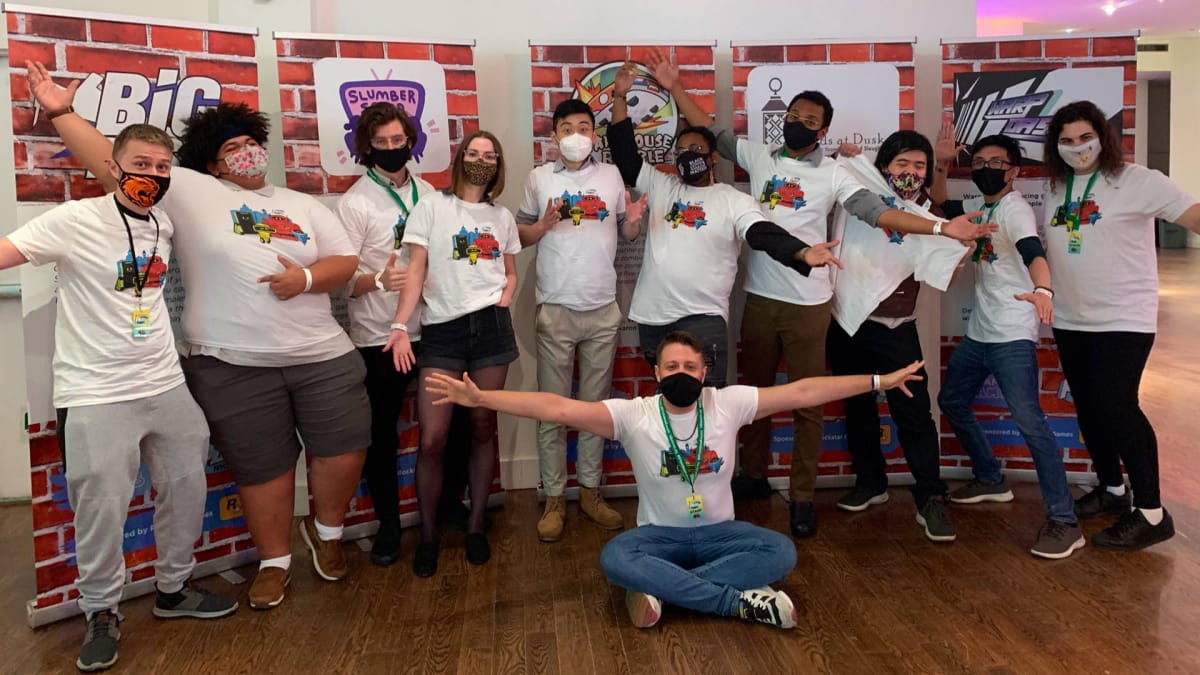
And that's it for this year's featured developers! I always see something cool through this program, and the Play NYC 2021 Graffiti Games were no different. I wouldn't be surprised to see one or two of these titles evolve into full-fledged commercial releases.
This is a lot more than just a chance to show off your work, too — all of the developers were compensated for their efforts, and they retain all of the rights to their work following the conclusion of the show. In my conversations with them, each and every developer was entertaining the idea of continuing development of these projects to one degree or another.
This year's batch of Graffiti Games was sponsored by Rockstar Games. You can learn more about the Graffiti Game developers (and the program itself) on Play NYC's website.
Have a tip, or want to point out something we missed? Leave a Comment or e-mail us at tips@techraptor.net

